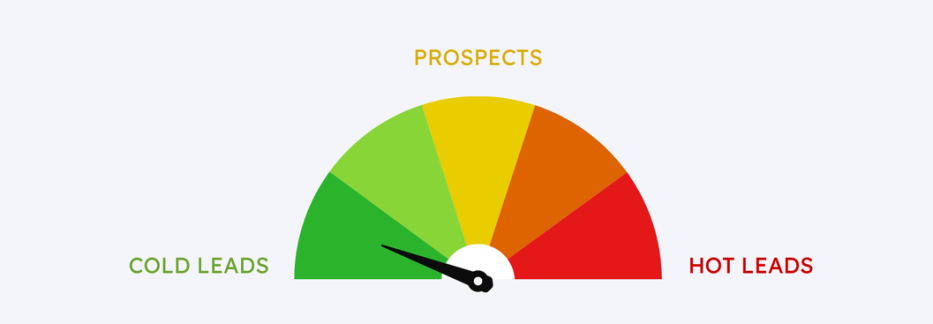Are you struggling to increase your sales? If so, you’re not alone. It can take a lot of work to close deals and boost your bottom line in today’s competitive market. However, one sales strategy can help you overcome these challenges: fluid lead scoring.
With fluid lead scoring, you can dynamically adjust your criteria for what constitutes a qualified lead. This means you can score leads based on their current engagement level and how likely they are to convert. By using this approach, you can increase your sales and close more deals. Ready to learn more? Keep reading to find out how fluid lead scoring can benefit your business.

Get smart about your marketing: harness the power of lead scoring
Lead scoring is assigning numeric values, or scores, to prospects based on their likelihood of becoming customers. By understanding which leads are most likely to convert, you can prioritize your marketing efforts and focus your time and resources on the most likely buy leads.
Lead scoring can be used in conjunction with other marketing tools, such as segmentation and persona development, to create a more holistic view of your target market and develop more targeted marketing campaigns.
When developing a lead scoring system, there are a few key factors to keep in mind:
Identify your ideal customer: The first step is to identify who your ideal customer is. This will help you determine what criteria to use when score leads.
The first step is to identify who your ideal customer is. This will help you determine what criteria to use when score leads. Next, define your lead scoring criteria: Once you know your ideal customer, you can start defining the criteria that will be used to score leads. This can include job title, company size, or industry.
Once you know your ideal customer, you can start defining the criteria that will be used to score leads. This can include factors such as job title, company size, or industry. Next, assign values to your criteria: The next step is to assign values to each of the criteria you’ve defined. These values will be used to calculate a lead’s score.

The next step is assigning values to each criteria you’ve defined. These values will be used to calculate a lead’s score. First, calculate scores: Once you have your criteria and values in place, you can start to calculate scores for each lead. The higher the score, the more likely the lead is to convert.
Lead scoring is a powerful tool that can help you focus your marketing efforts and resources on the leads that are most likely to buy. By developing a lead scoring system, you can ensure that your marketing campaigns are more targeted and effective.
Kick your lead generation efforts into high gear with effective lead scoring
Lead scoring is a process of assigning a point value to leads based on their likelihood of becoming customers. The higher the score, the more likely the lead is to become a customer. You can prioritize your leads and focus your efforts on the most promising prospects using lead scoring.
Lead scoring can be used in conjunction with other marketing tools, such as segmentation, to create a more targeted approach to marketing. When used together, these tools can help you create a powerful marketing strategy that will generate more leads and conversions.
If you’re looking to take your lead generation efforts to the next level, consider using lead scoring. It’s an effective way to prioritize your leads and focus your marketing efforts on the most promising prospects.
